The Republican Center for the Study of Traditional Civilization in Central Asia
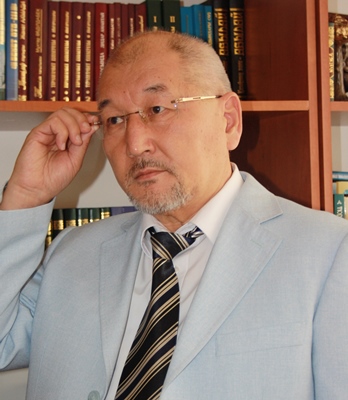 |
Omarbekov Talas Omarbekuly - Director of the Republican Center for the Study of Traditional Civilization in Central Asia,
Address: Al-Farabi Avenue 71,
email: talas.omarbekov@kaznu.kz Phone: (ex. 12-87) 87273 773338
|
The goal of the Center is to develop scientific problems of nomadism in Kazakhstan and Central Asia on the basis of new methodological approaches in the context of critical reassessment of cognitive methods in world historiography.
Main tasks:
- To reveal specific features of the origin of nomadism (nomadism), the emergence and disintegration of the early and medieval state formations formed in the ancient Turkic steppe, which had a major impact on the ethnogenesis of many peoples of the world;
- To determine the diplomatic and trade and economic role of the Great Silk Road, its influence on the formation of social organization and ethnopolitical structure, ulus management systems for nomads "Desht-i-Kipchak";
- To study the formation of ethnoterritory, the distribution area of tribes that formed the Kazakh ethnos, the history of the toponymy of Eurasia, political and cultural aspects of the relationship of nomads of the steppes with adjacent non-indigenous peoples of Central Asia;
- To reveal the roots of the basic ethno-cultural and civilizational identity of the Turkic peoples, the commonality and continuity of the traditional economy and culture of the nomads of Central Asia.
There are 7 projects in the center:
1. Evolution of the politico-nomadic structure of nomads in Central Asia.
2. Military affairs and art of nomads of Central Asia.
3. Nomads in the Russian Empire: management features, development of culture, economy.
4. Formation of ethno-territory of nomads of Central Asia in the Middle Ages.
5. Historical and cultural paradigms of mutual influence of "nomadic empires" and settled-agricultural peoples of Eurasia.
6. The interaction of nature and society in the nomadic civilization of the peoples of Eurasia.
7. Destruction of the nomadic community and traditional nomadic culture by the Soviet totalitarian system.
Works published by the center:
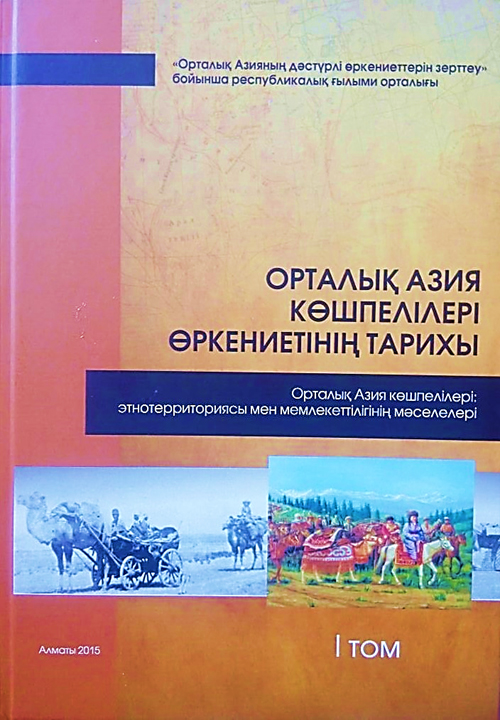 |
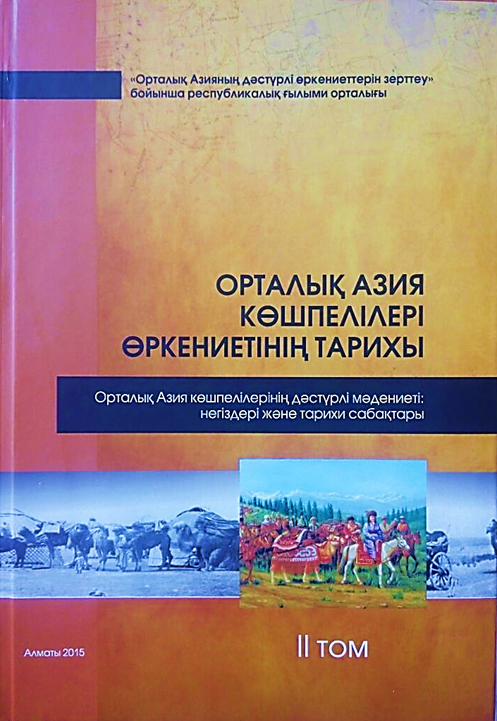 |
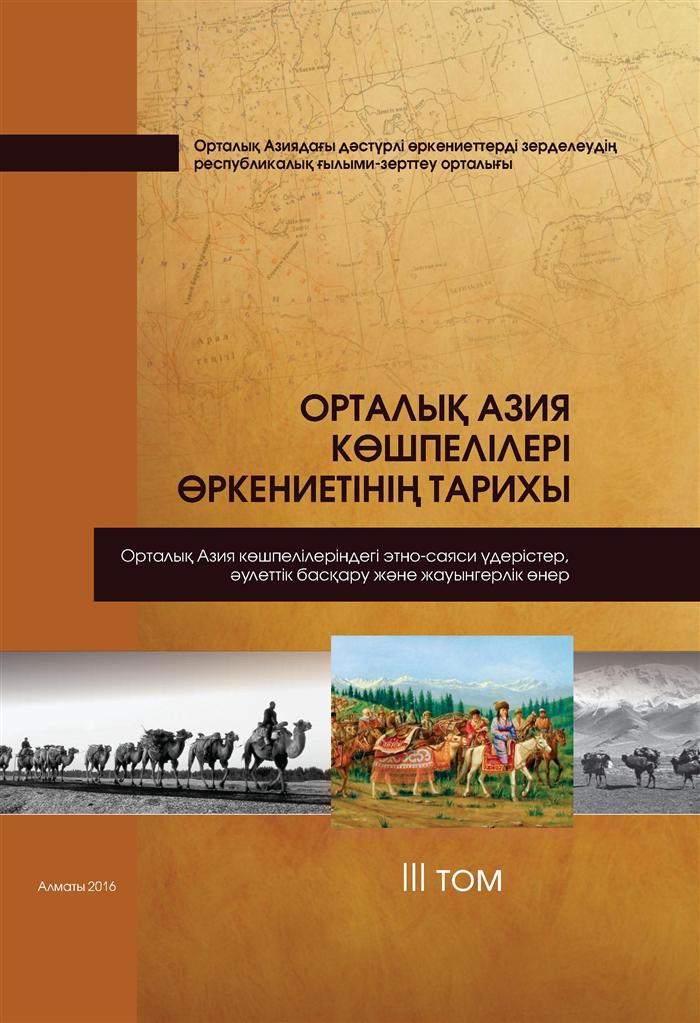 |
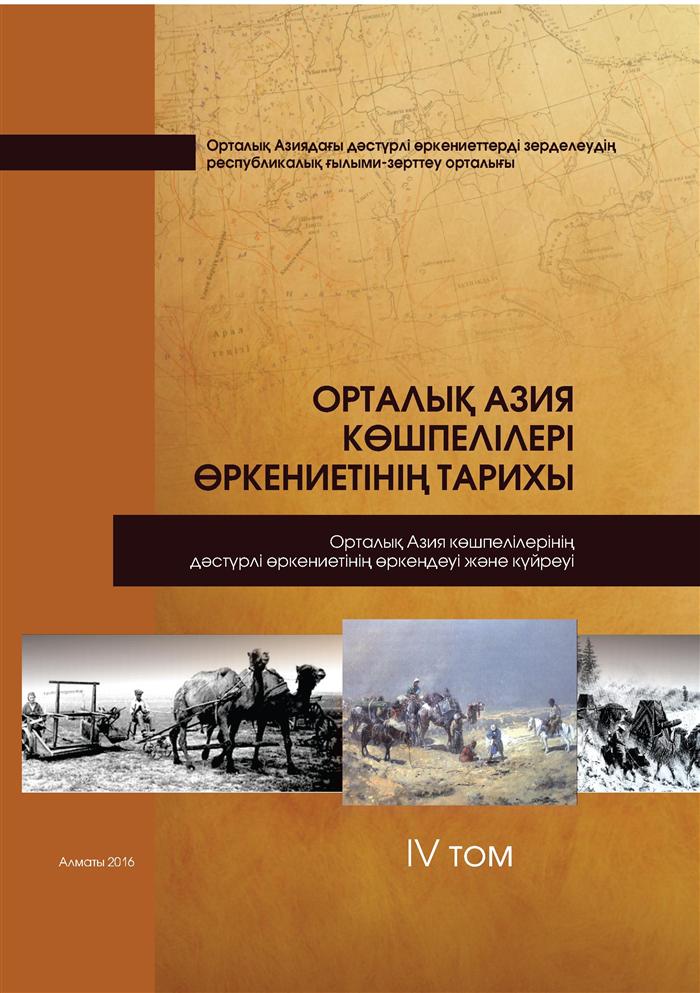 |
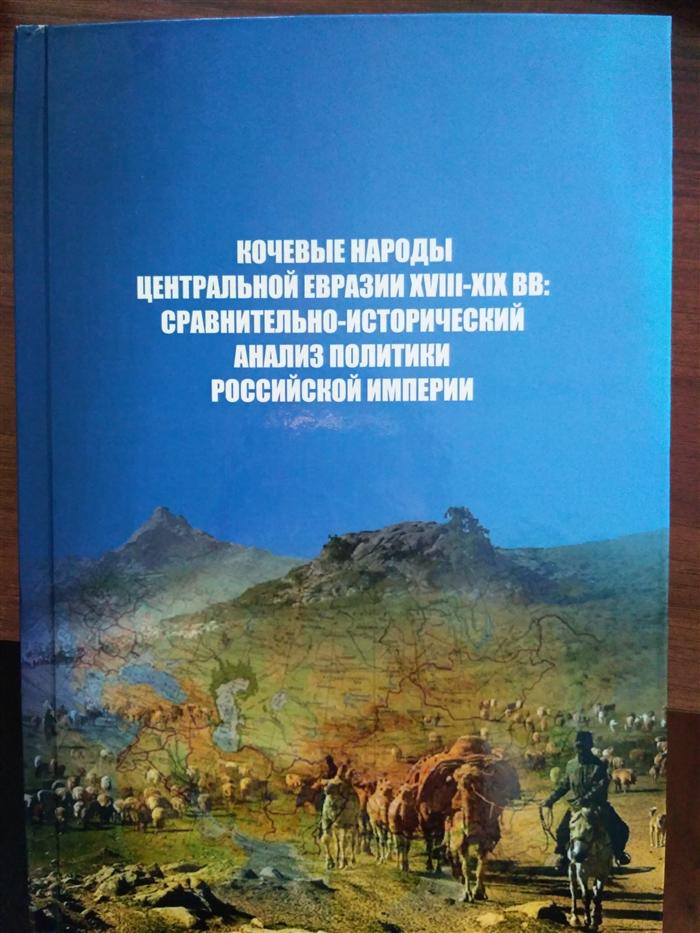 |
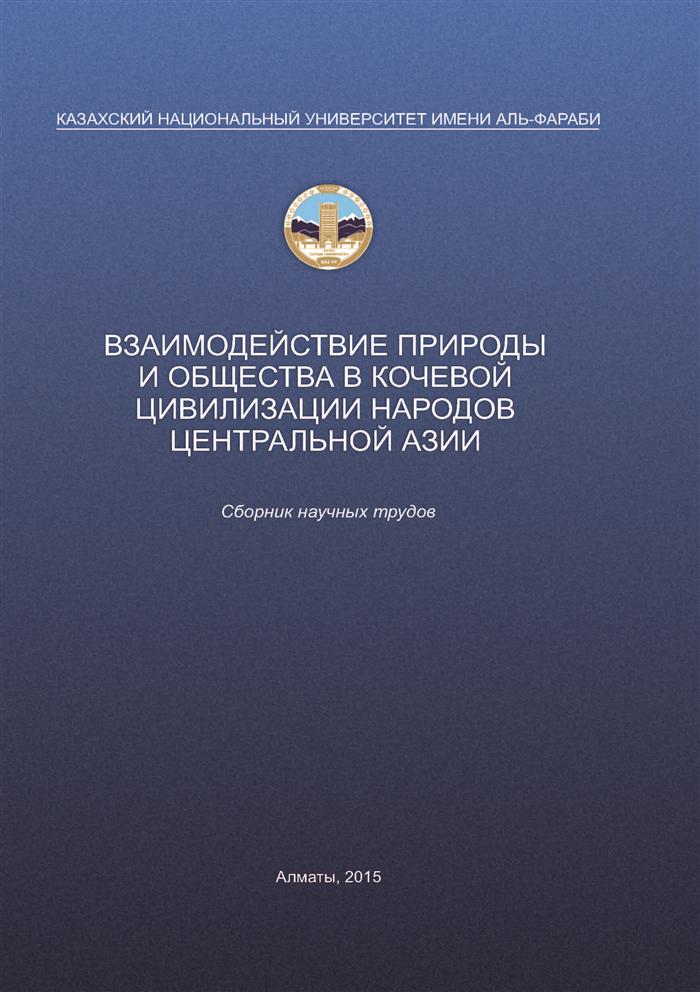 |
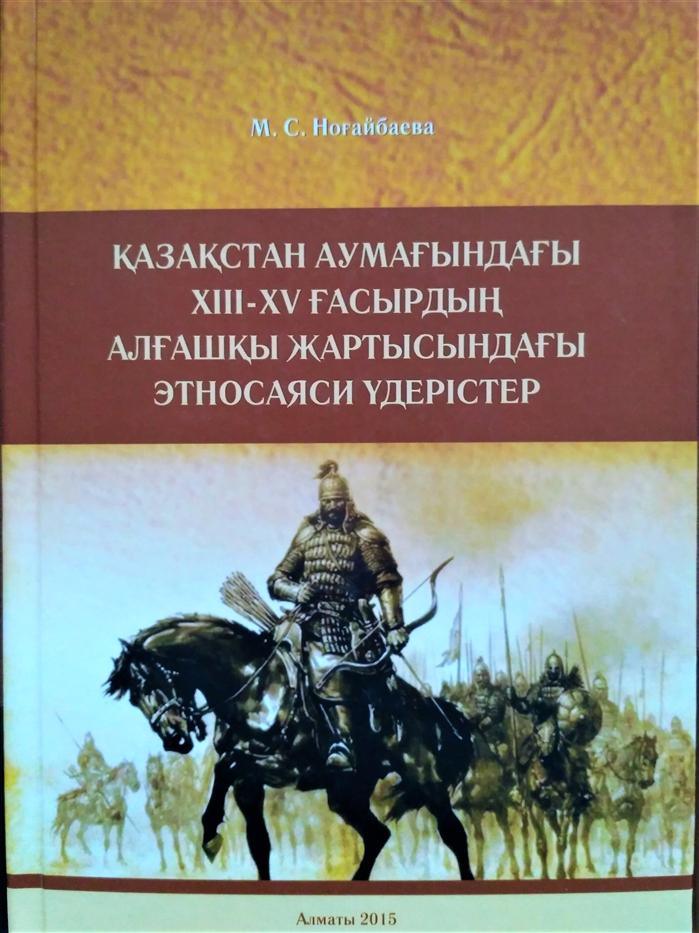 |
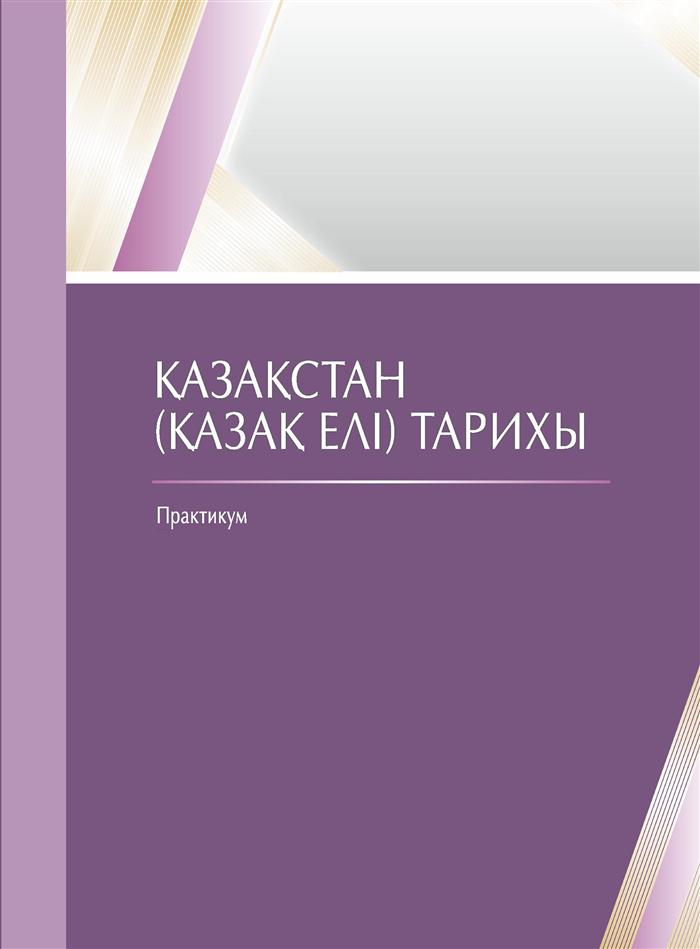 |
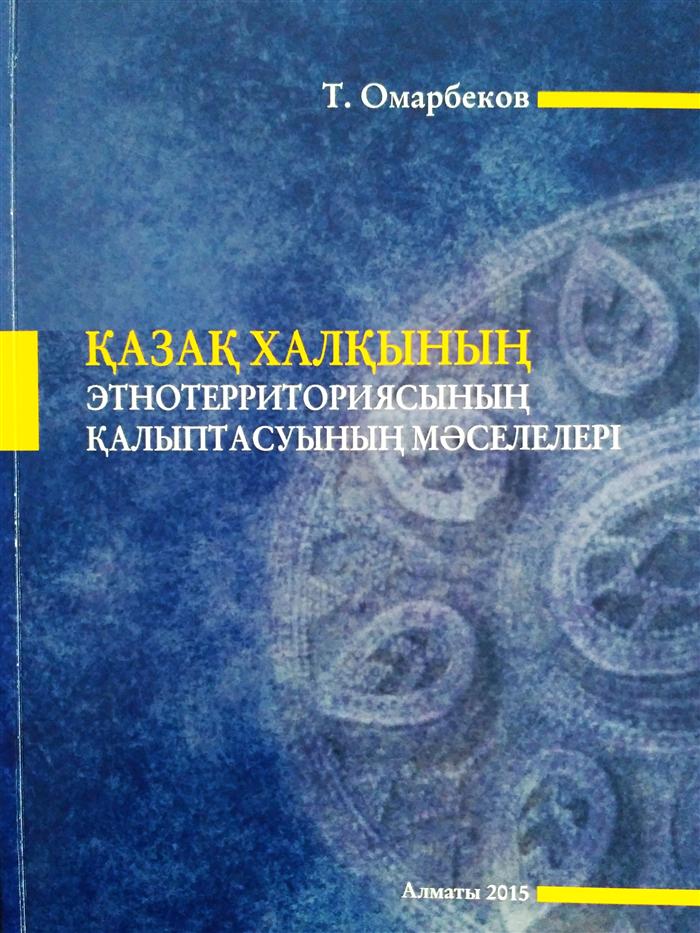 |
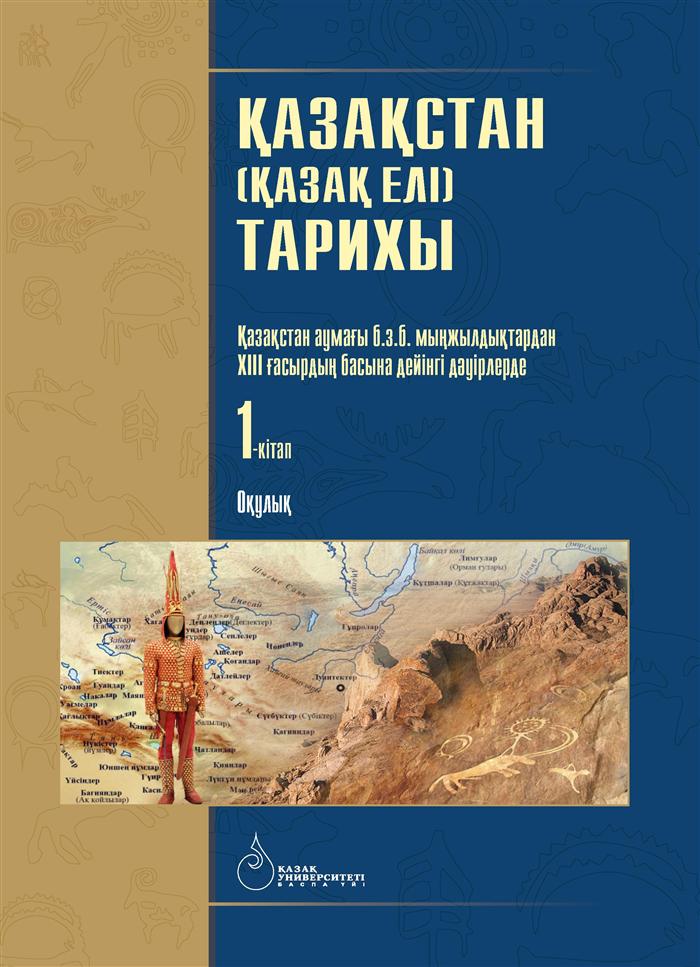 |
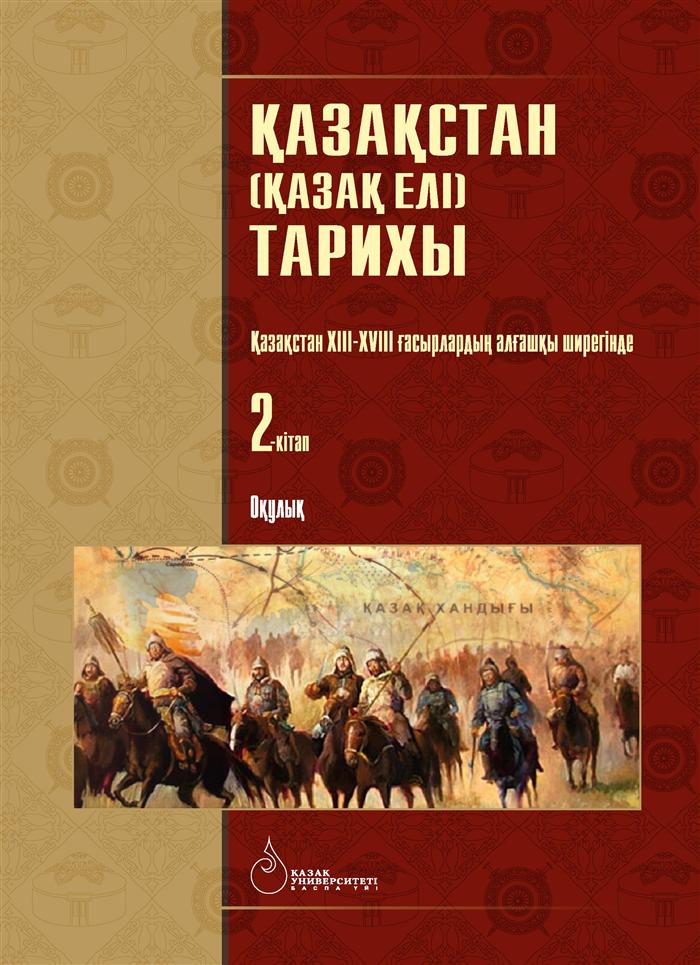 |
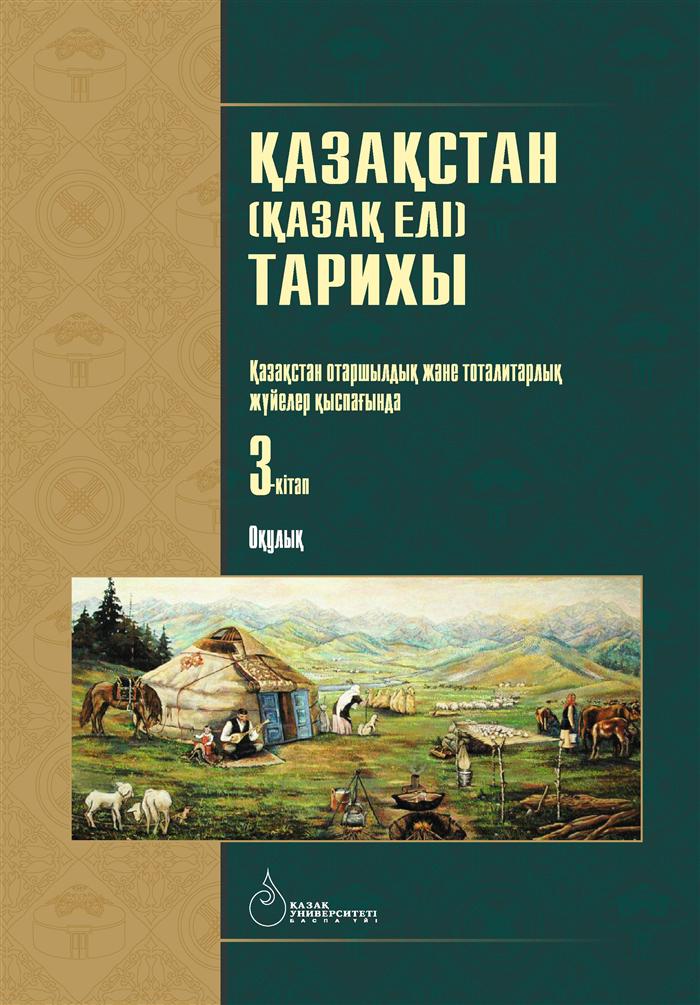 |
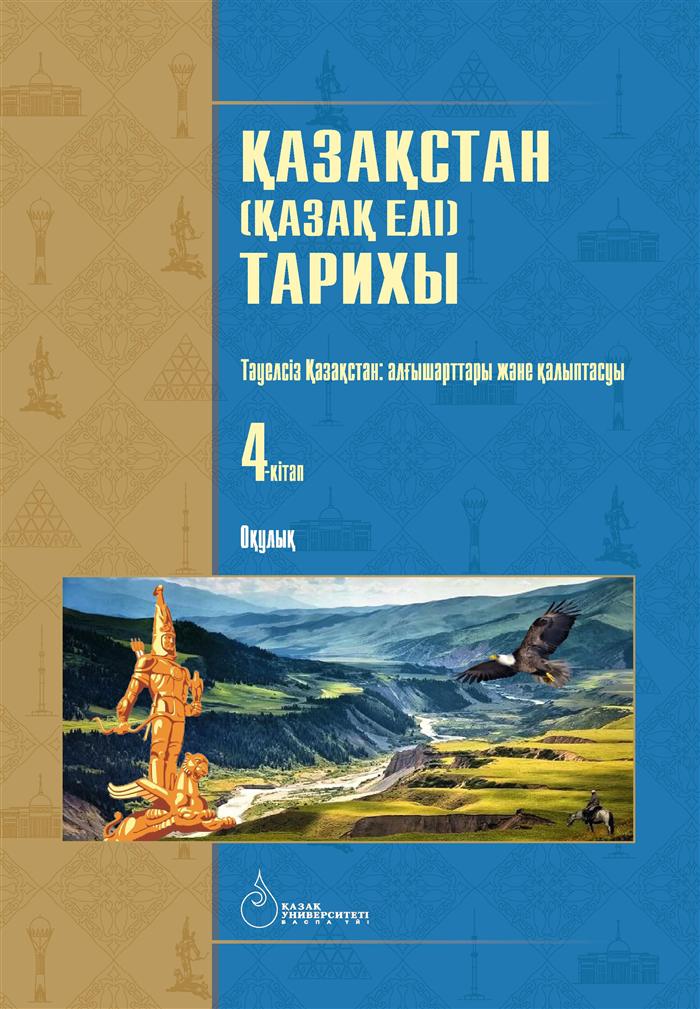 |
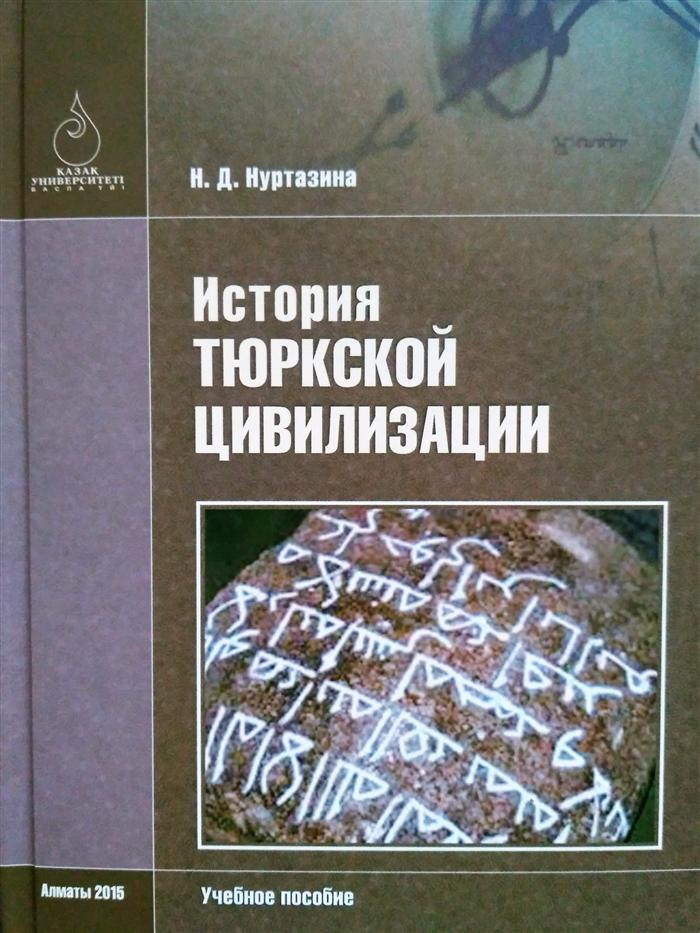 |
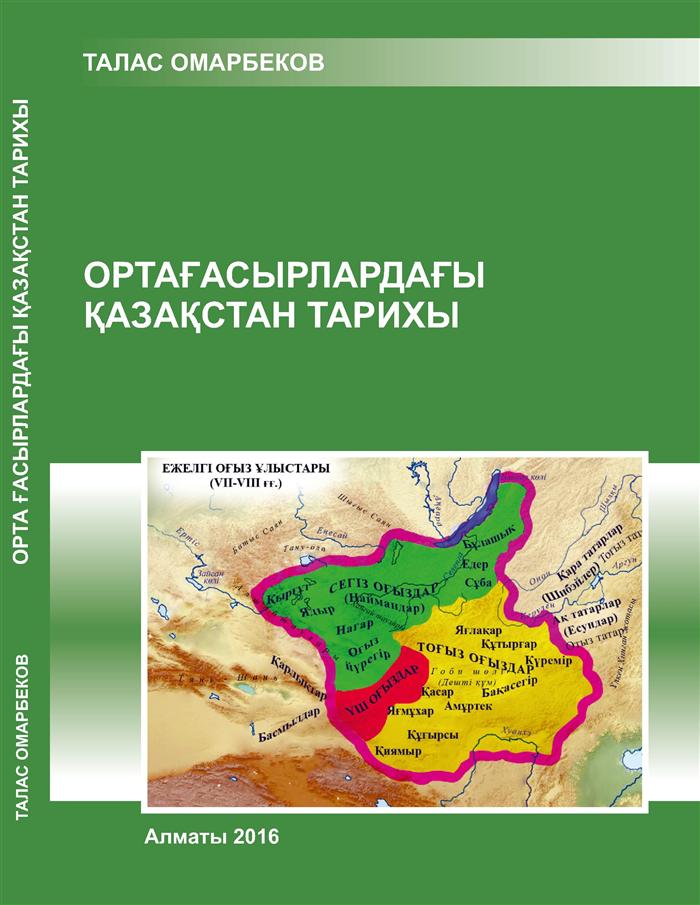 |
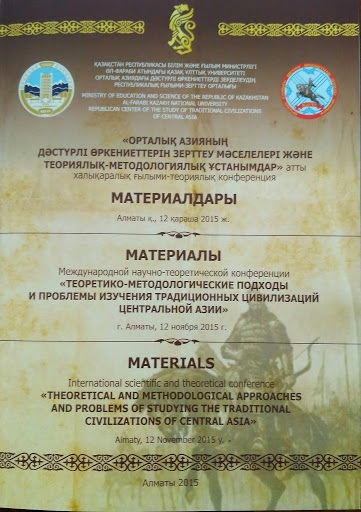 |
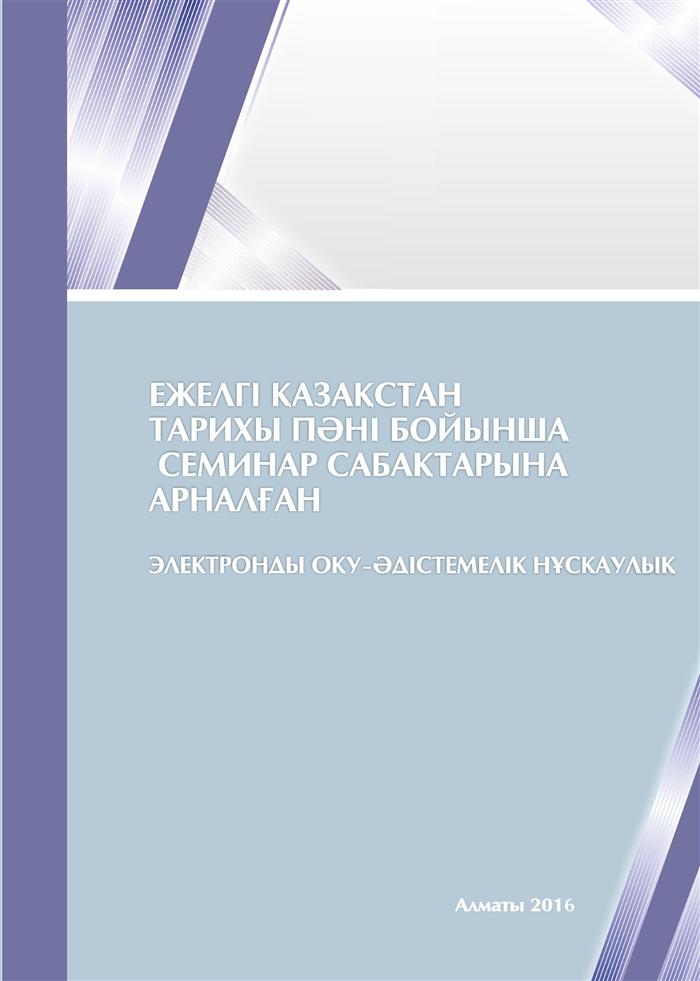 |
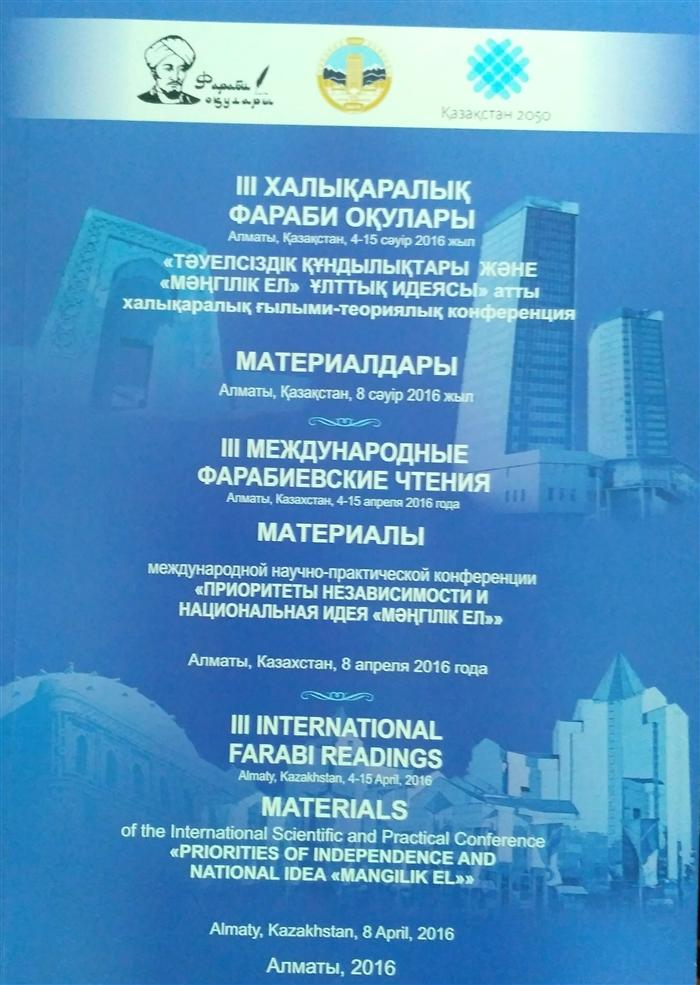 |
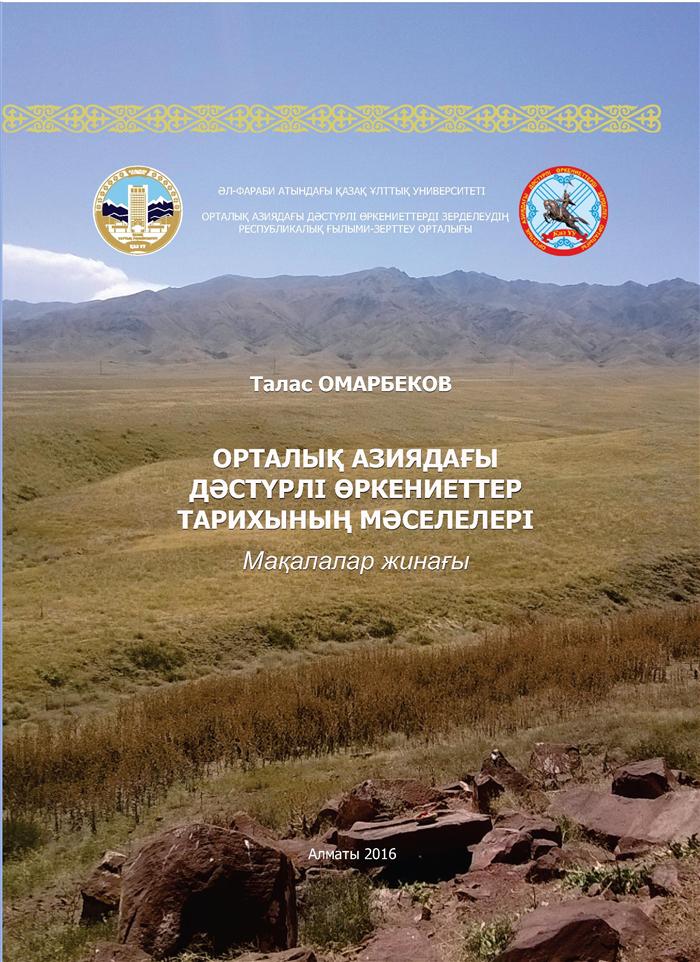 |
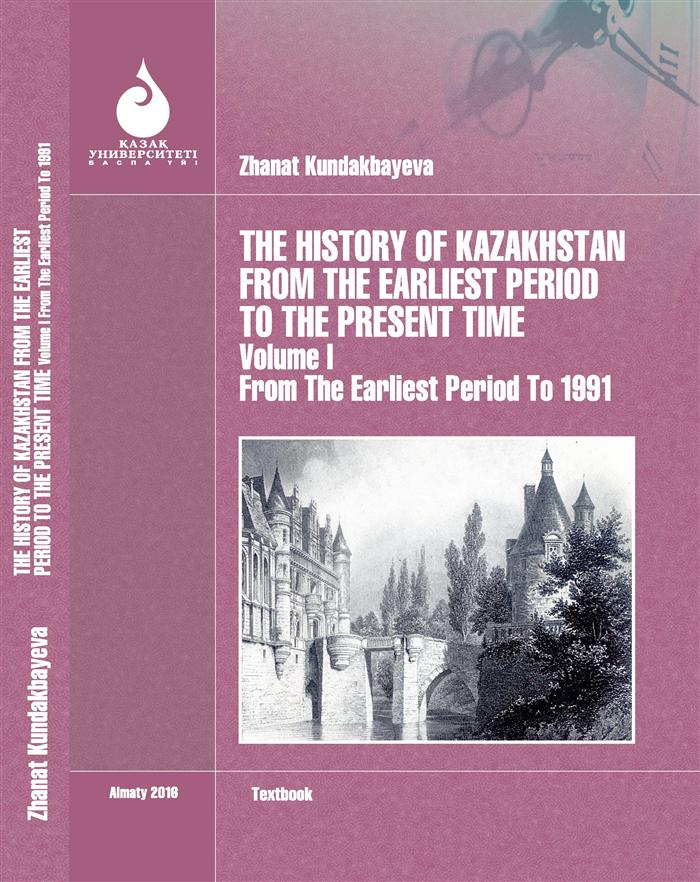 |
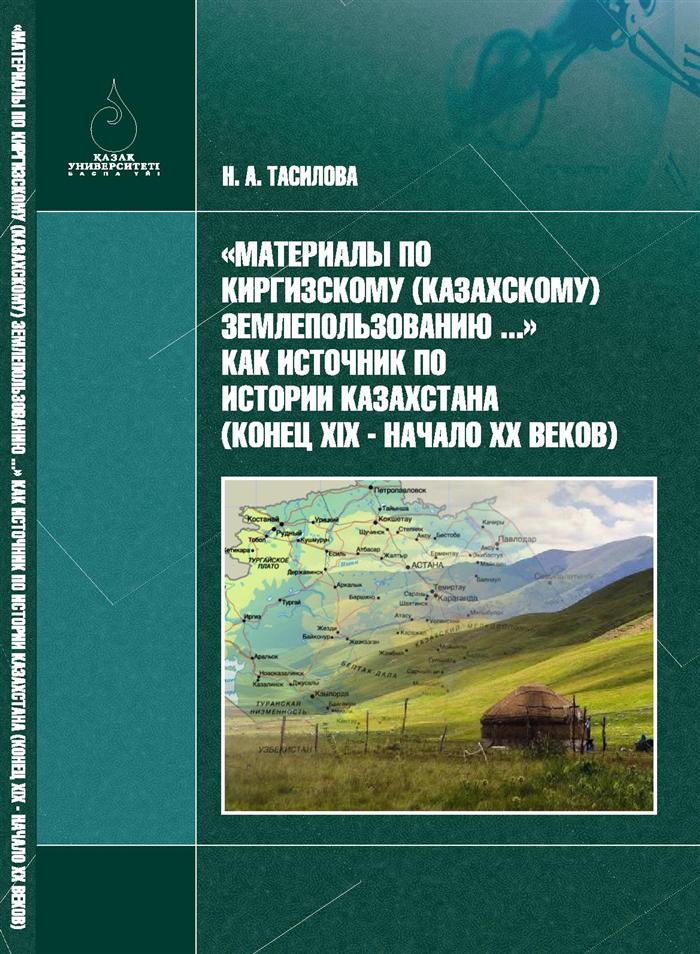 |








